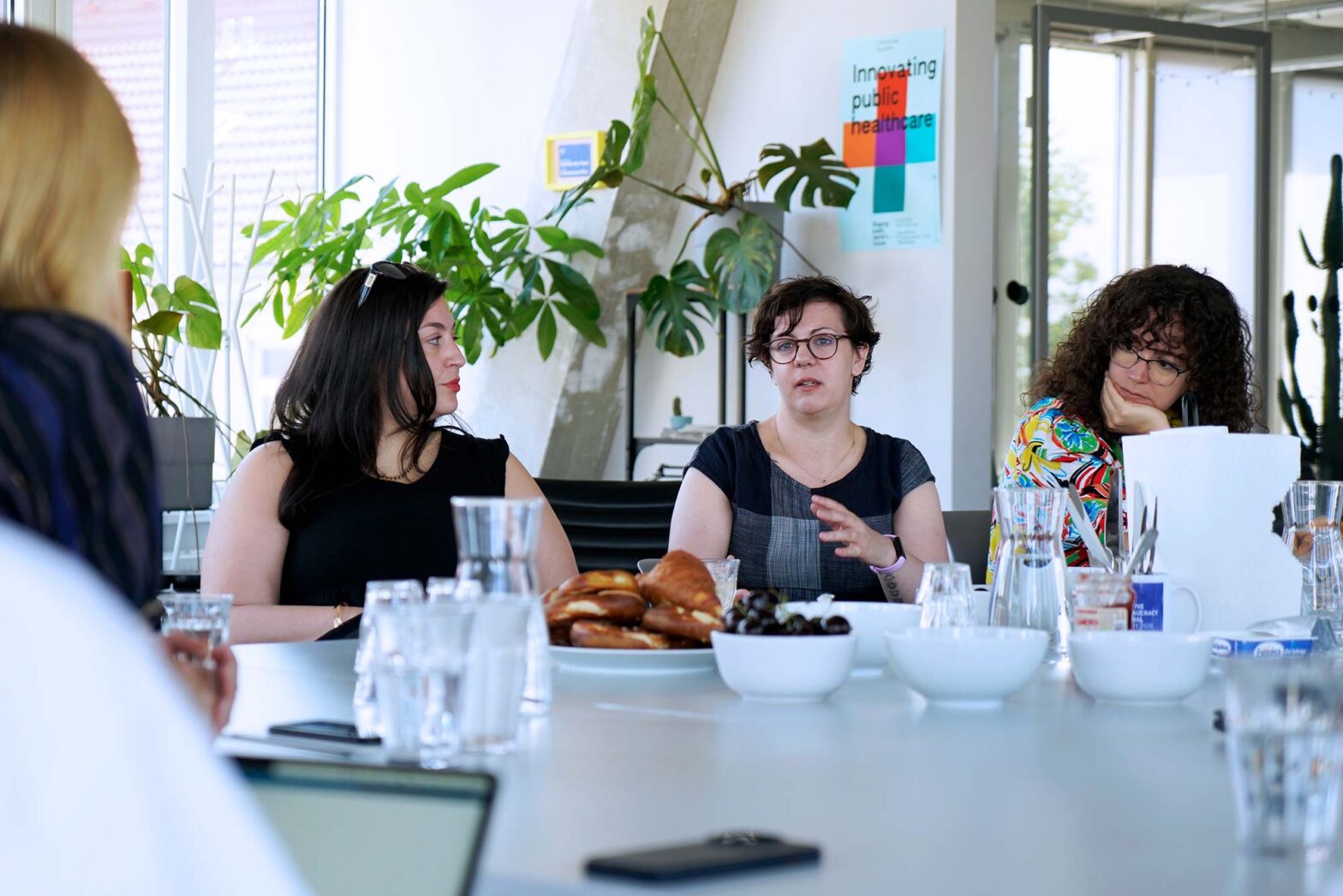This week was very short for me as I only returned to work on Friday after a terrific trip to Slovenia.
In Slovenia’s Triglav National Park, I found that their approach to simple public services like getting a fishing licence is sound.
Back in 2015, GDS co-founder Tom Loosemore shared the government-as-a-platform vision of what an ideal fishing licence service in the UK could look like. The implementation at the river Sava Bohinjka is pretty close. Signs inform people that fishing is not allowed without a licence. Then, they can visit a website to read the local fishing rules and purchase different licences for immediate use.
This is how you do fishing licences right 🎣 📲 💶 You tell people it’s forbidden to fish without a licence 🚫 And then let them read about the local fishing rules and purchase a fishing licence on the spot 🪪 The purchase flow could still be improved but is solid www.ribiskekarte.si/en/rd-bohinj…
— Martin Jordan (@martinjordan.com) Jul 16, 2024 at 11:32
[image or embed]
On returning to Germany, I picked up ‘Managing People’ by Simon Birkenhead. It promises to help readers become the managers their employees want them to be.
The book starts with what makes a great and a terrible manager – including the top 20 worst behaviours of bad managers – and then zooms into 5 dimensions and related steps to becoming a good manager. Those are:
- Activate motivation
- Define and track expectations
- Develop your employees
- Build a high-performance culture
- Master your communication
The book is well-structured, practical, and rich in practical examples. It feels honest and realistic, starting with the negative things, anchoring and asking readers to reflect on personal weaknesses and development areas before moving to the actions the reader can take.
I’m about a quarter into the book, so there is much more ground to cover. It recommends sending colleagues and line reports an anonymous survey. It covers 9 questions in 3 areas related to how you behave, how you manage others and your expertise. The 9 questions cover emotional intelligence, consideration, appreciation, communication, organisation, decisiveness, management style, strategic vision, and supervisory skills.
After her holidays, I will consult with my designated people partner, Lena, on how to use this survey to understand where I am and where I have the most severe development areas as manager.
Learning from an old GDS colleague
On Friday morning, Steph Marsh stopped by our office. For 2 years, Steph and I worked together at GDS while she was Head of User Research and Analysis and I was Head of Service Design.
Steph was instrumental in updating the UK Service Standard in 2018, creating an evolved definition for ‘whole service’, and building user research capability.
She visited for an extended 2-hour morning exchange with 2 colleagues from science publisher Springer Nature, where they work on user research operations. Some 20 colleagues joined and were equipped with many questions; we did not run out of them.
We touched on inclusive user research practices, knowledge management and stakeholder engagement for updating the Service Standard.
They talked about some of the foundational work they have done at Springer Nature, including building research integrity and research incentive frameworks. They mentioned how they realised they must run training and guidance in tandem as only one is not effective enough.
They said they have done only a little blogging and publishing so far. I would like to understand more about some of the things they have established in the past five years. For example, they mentioned a standard structure for an insight. It covers what it is, must contain, and what it must not. An insight is anonymised enough to be shared with others; it has a single narrative.
They have only a small user research ops team, so they work with user researchers and designers distributed across their organisation to ensure quality. Bouncing between “research shepherds to research police”, they described their role.
On building and ensuring the adoption of a research repository, the 3 mentioned how a team can simultaneously have too few and too many tools. Like us, they are looking at creating one space you can trust and where you don’t have to look anywhere else anymore – so you don’t have to look in all the possible places, like Drive, Figma, Miro, etc., and might still miss things. They shared some insight into how they picked their tools.
With Steph’s experience supporting a big, most recent update of the UK Service Standard, we were curious to hear her tips for our context. She talked about how they, back in 2017 and 2018, had plenty of engagement with service teams across departments to learn from them and ensure their voices were heard.
It was helpful to hear how much they bounced between talking to service teams and subject matter experts, as both matters equally. Steph also recommended not having one-off engagements but continuously engaging with people.
After spending almost 2 hours together, we could have gone much deeper. I will review my detailed notes further and put them into practice.
What’s next
On Friday, I completed a few admin tasks and reviewed some Slack messages and emails. However, I still need to catch up on more.
Next week will be more busy, but I should also find time to do some focus tasks I have been waiting to do for some time.
Luckily, I blocked time in my calendar before my holidays, so dedicated blocks are reserved for writing and thinking.

